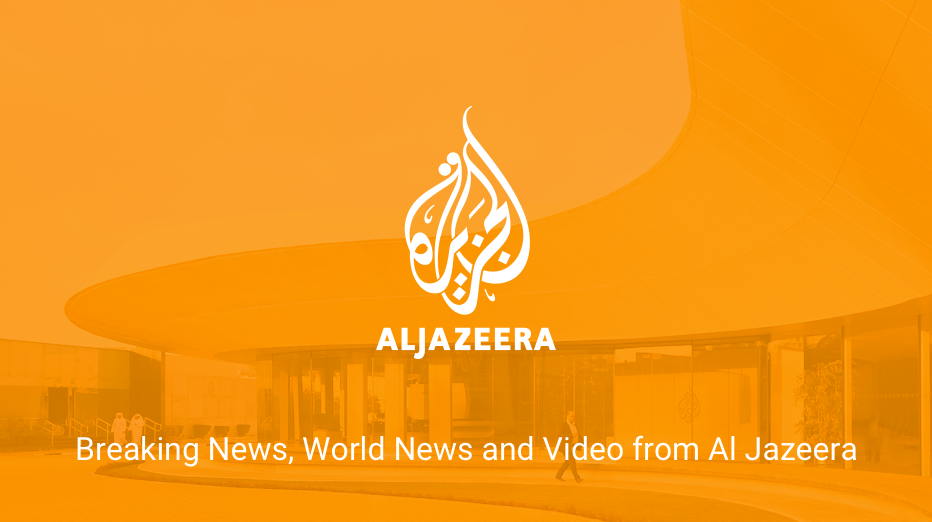Or any of the other major news agencies reports.
T.E. Lawrence wrote in Seven Pillars of Wisdom that “a first difficulty of the Arab movement was to say who the Arabs were”. His job was to forge together an Arab army to rise up in revolt against the Ottomans.
Today, another Arab army is taking shape to address new regional threats. Arab leaders meeting in the Egyptian resort of Sharm el-Sheikh on Sunday agreed to create a joint military force ostensibly to take on the Houthi Shia rebels currently causing mayhem in Yemen. The force will be made up of troops from 10 Sunni states, led by Saudi Arabia and Egypt.
Shiite Houthi rebels in Yemen have attacked the presidential palace (Hani Mohammed/AP)
President El-Sisi of Egypt, a former head of the armed forces, has signalled its willingness to commit ground troops if necessary. He said the challenges they faced threatened the “identity” of the region. Arab identity has long been fragmented by nationalism, though held together loosely by the Arab League. Its reassertion now owes more to Iran flexing its muscles once more as a regional power than to the need to save Yemen from civil war or confront Islamic State in Iraq and the Levant (Isil).
The Houthis are seen in many Arab capitals as a proxy for Iran, whose influence in the region is set to grow with the imminent conclusion of a deal at talks in Lausanne with the Americans and the EU on a nuclear enrichment moratorium. Perversely, Iran is now on the same side as the Americans fighting the Islamist insurgency in Syria and Iraq, a collaboration that will alarm the Arabs even more, even if not all Arab states – notably some Gulf nations – share this deep suspicion and fear of Tehran.
US Secretary of State John Kerry with Iran's foreign minister, Mohammad Javad Zarif (Ronald Zak/AFP/Getty Images)
For now, tackling Isil and the Houthis in Yemen may be the immediate reason for the Arab military pact. But the spectre that is really haunting the region is Iran.
Today, another Arab army is taking shape to address new regional threats. Arab leaders meeting in the Egyptian resort of Sharm el-Sheikh on Sunday agreed to create a joint military force ostensibly to take on the Houthi Shia rebels currently causing mayhem in Yemen. The force will be made up of troops from 10 Sunni states, led by Saudi Arabia and Egypt.
Shiite Houthi rebels in Yemen have attacked the presidential palace (Hani Mohammed/AP)
President El-Sisi of Egypt, a former head of the armed forces, has signalled its willingness to commit ground troops if necessary. He said the challenges they faced threatened the “identity” of the region. Arab identity has long been fragmented by nationalism, though held together loosely by the Arab League. Its reassertion now owes more to Iran flexing its muscles once more as a regional power than to the need to save Yemen from civil war or confront Islamic State in Iraq and the Levant (Isil).
The Houthis are seen in many Arab capitals as a proxy for Iran, whose influence in the region is set to grow with the imminent conclusion of a deal at talks in Lausanne with the Americans and the EU on a nuclear enrichment moratorium. Perversely, Iran is now on the same side as the Americans fighting the Islamist insurgency in Syria and Iraq, a collaboration that will alarm the Arabs even more, even if not all Arab states – notably some Gulf nations – share this deep suspicion and fear of Tehran.
US Secretary of State John Kerry with Iran's foreign minister, Mohammad Javad Zarif (Ronald Zak/AFP/Getty Images)
For now, tackling Isil and the Houthis in Yemen may be the immediate reason for the Arab military pact. But the spectre that is really haunting the region is Iran.
It's good to see a regional response to this but.
Is this just going to regionalize the Shiite Sunni conflict?
Will this encourage the US to back off a little in the ME?

Is the US the real behind the scenes instigator for this?
What will eventually result from this.
Can this lead to peace or stability in the middle east?
Or will this fan the hatred of different sects even more? (whenever religion is involved this is where I'd bet my money)


Comment